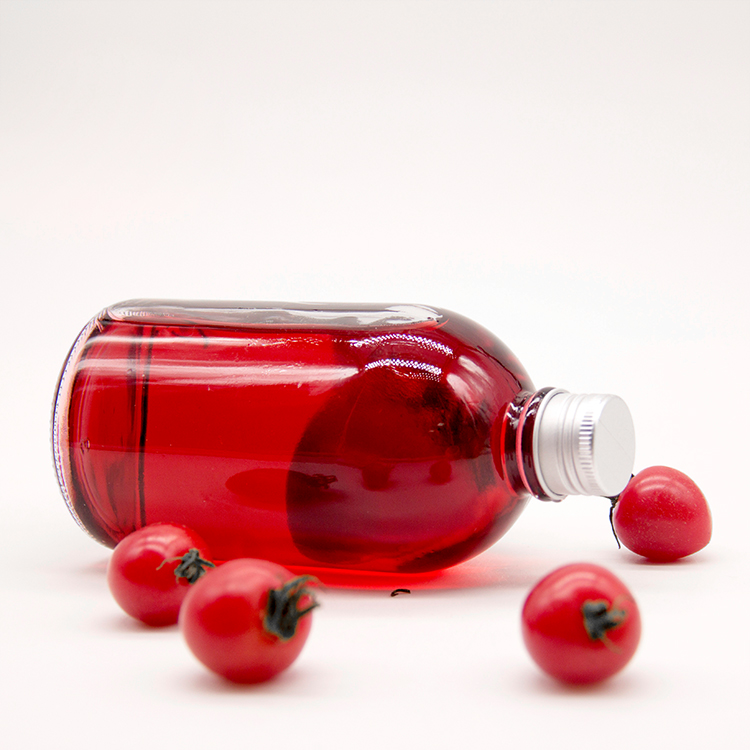Technological Innovation in Glass Bottle Manufacturing
Technological Innovation in Glass Bottle Manufacturing
With the advancement of science and technology and heightened environmental awareness, the Glass Bottle manufacturing industry has undergone numerous technological innovations. These advancements have not only increased production efficiency but also enhanced product quality and lessened environmental impact.

1. Automated Production Line
The traditional glass bottle manufacturing process heavily relied on manual operations, which were less efficient and prone to errors. In recent years, the introduction of automated production lines has significantly altered this scenario. Modern production lines automate the entire process, from raw material delivery, melting, molding, to cooling, through the use of automated equipment. This technological innovation has improved production efficiency and reduced labor costs.
2. 3D Printing Technology
The application of 3D printing technology in the design and production of glass bottles has ushered in a new era of personalized customization. Designers can quickly produce complex bottle shapes and patterns using computer software and employ 3D printing technology for sample verification. This approach not only shortens the product development cycle but also reduces the cost of small batch production, enabling brands to respond swiftly to market demands.
3. Application of Green Materials
As environmental regulations become increasingly stringent, glass bottle manufacturers have started to explore the use of more environmentally friendly raw materials. For instance, using recycled glass as a production raw material not only reduces the mining and transportation costs of raw materials but also decreases energy consumption during production. By increasing recycling rates, manufacturers can recycle resources and contribute to environmental protection.
4. Intelligent Manufacturing and Internet of Things
The application of intelligent manufacturing and Internet of Things technology in glass bottle Glass Cup production has made the process more intelligent. Through sensors and data analysis, production equipment can monitor the production status in real-time, detect problems, and make timely adjustments. This real-time data feedback system enhances production efficiency and product quality and provides robust support for enterprise management decisions.
Technological innovation in the Glass Jar manufacturing industry continuously drives the development of the sector. The application of new technologies such as automation, 3D printing, energy-saving and emission-reduction, green materials, and intelligent manufacturing has not only improved production efficiency and product quality but has also made positive contributions to sustainable development. In the future, with ongoing technological progress, glass bottle manufacturing is poised to embrace even broader prospects for development.